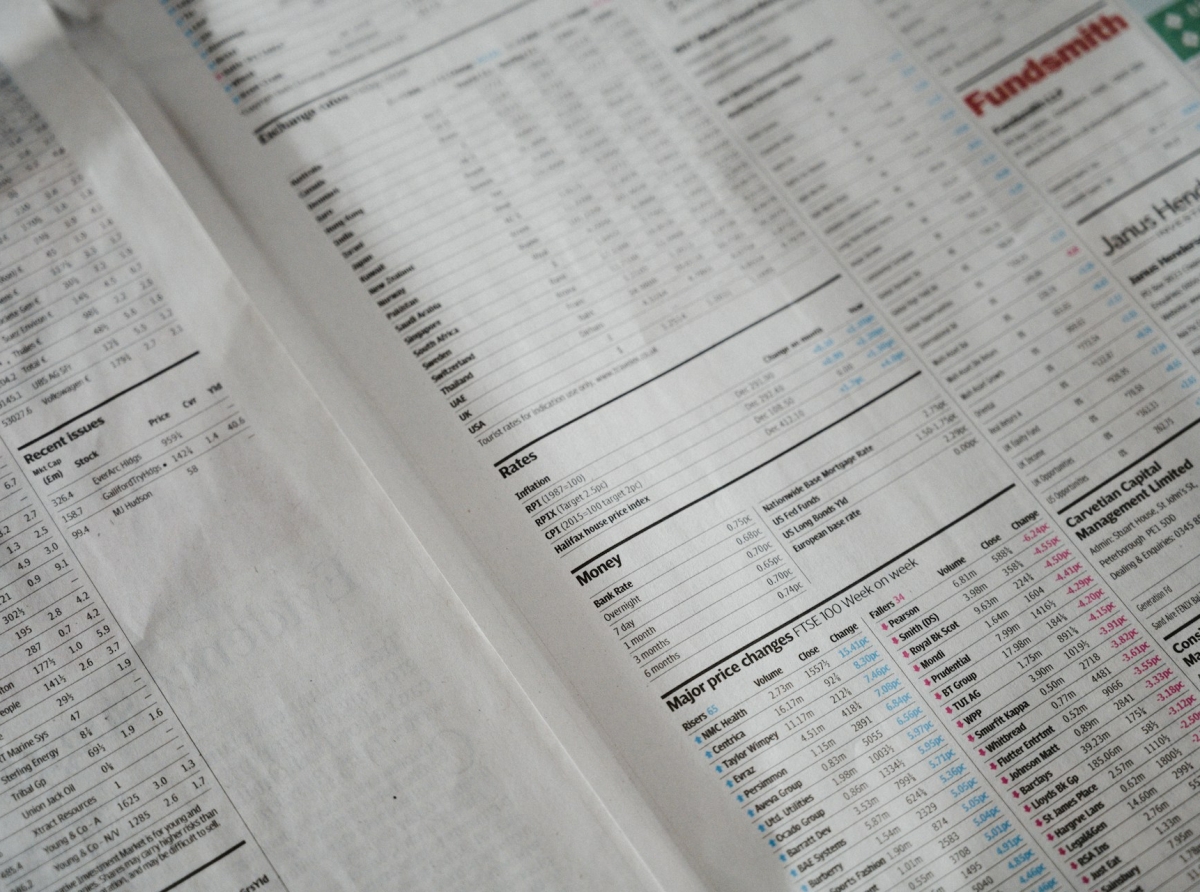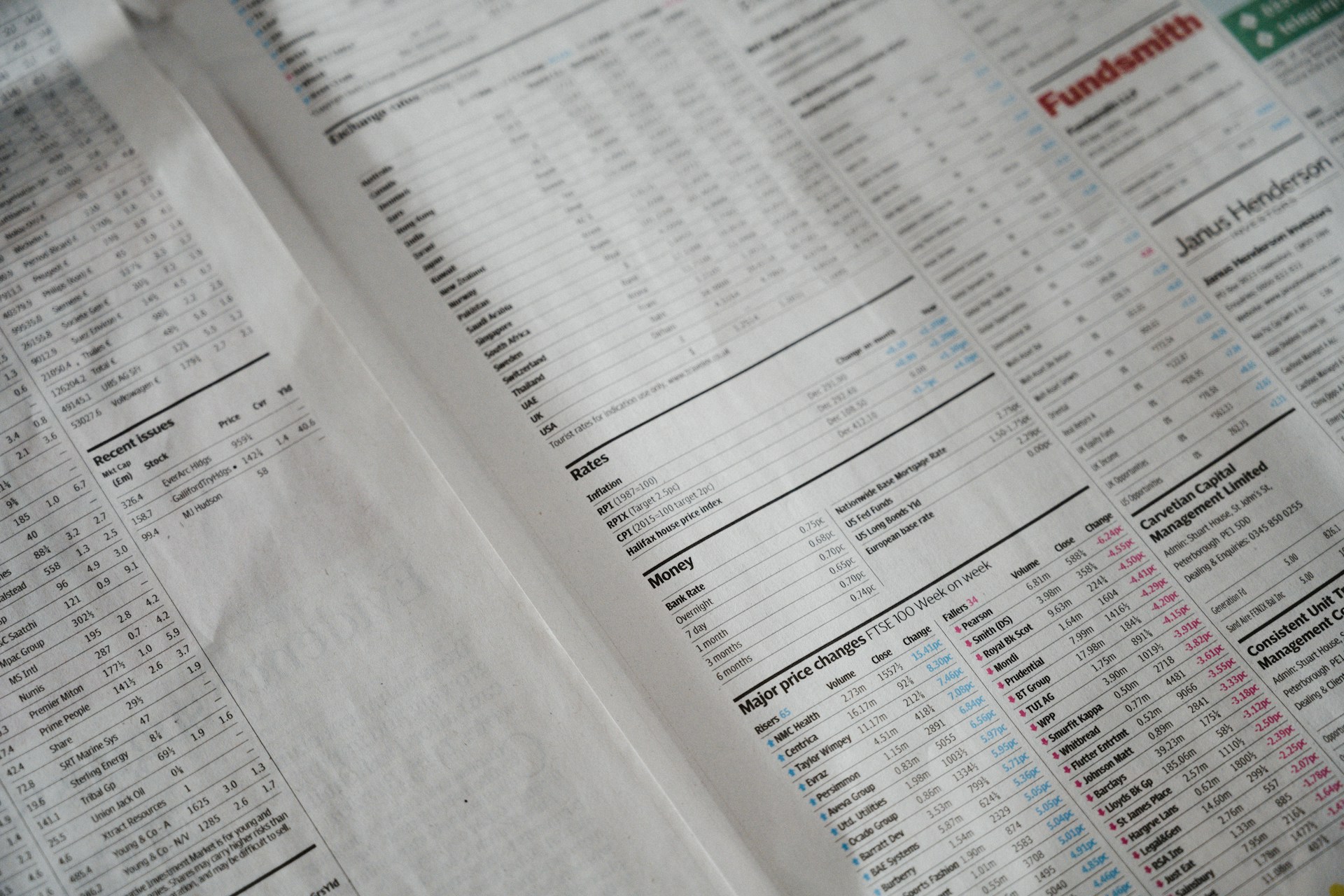Understanding Direct and Indirect Currency Quotes

Understanding Direct and Indirect Currency Quotes
Currency exchange rates are a cornerstone of global trade and finance, reflecting the value of one currency against another.
They enable countries to engage in international trade, invest across borders, and manage their foreign reserves. As businesses operate globally, understanding these rates becomes crucial for pricing products, calculating profit margins, and hedging against currency risks.
There are two primary methods to express these rates: direct and indirect currency quotes.
They enable countries to engage in international trade, invest across borders, and manage their foreign reserves. As businesses operate globally, understanding these rates becomes crucial for pricing products, calculating profit margins, and hedging against currency risks.
There are two primary methods to express these rates: direct and indirect currency quotes.

Understanding Direct and Indirect Currency Quotes
Overview of Direct and Indirect Currency Quotes
Direct and indirect currency quotes are crucial tools for communicating exchange rates between currencies. A direct quote is when the domestic currency is expressed as a variable amount against a fixed amount of a foreign currency.Conversely, an indirect quote involves expressing the foreign currency as a variable amount against a fixed amount of the domestic currency. These methods provide flexibility in how exchange rates can be displayed and understood across different economic contexts.
Direct Currency Quotes
Explanation of Direct Currency QuotesIn direct currency quotes, the domestic currency is variable while the foreign currency is fixed. This means when you see an exchange rate expressed directly, it tells you how much domestic currency is needed to purchase one unit of foreign currency. This method is prevalent in many countries because it simplifies transactions involving foreign currencies by focusing on what it costs domestically.
Examples of Direct Quotes
For instance, if you are in the United States looking at an exchange rate quoted directly as USD/EUR = 1.20, it means you need 1.20 USD to buy one Euro. This format is intuitive for consumers or businesses looking to understand how much their domestic money converts into foreign counterparts.
Indirect Currency Quotes
Definition of Indirect Currency QuotesIndirect currency quotes reverse this perspective by fixing the domestic currency amount while varying the foreign one. Here, the rate shows how much foreign currency can be obtained with one unit of domestic money.
Examples in Economic Contexts
In Europe, an indirect quote might read EUR/USD = 0.83, signifying that with one Euro, you can purchase 0.83 USD. This approach often proves helpful in regions where local markets prefer seeing their purchasing power relative to other currencies.
Differences Between Direct and Indirect Quotes
Representation and Utility AnalysisThe fundamental difference between these types lies in their representation: direct quotes concentrate on what one needs to spend domestically for a set amount abroad; indirect does the reverse by showing what can be bought abroad per single unit at home.
Preference Based on Context or Convenience
Market participants may favor one type over another depending on habitual practices within their region or specific transaction needs they face—such as exporters who might prefer direct quotes for clarity in pricing goods internationally or investors keen on grasping purchasing power through indirect insights.
Implications for Traders and Investors
Impact on Trading StrategiesFor traders and investors adept at navigating both quoting systems comes enhanced strategic flexibility—enabling them better manage risks associated with forex fluctuations while optimizing their portfolios’.
Currency exchange, Forex, Direct quotes, Indirect quotes, Exchange rates









Report
My comments